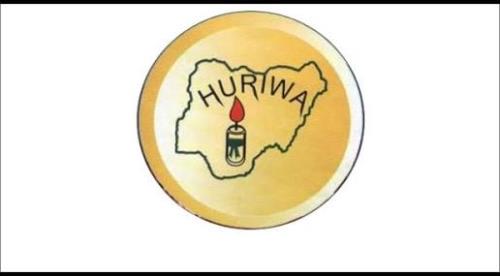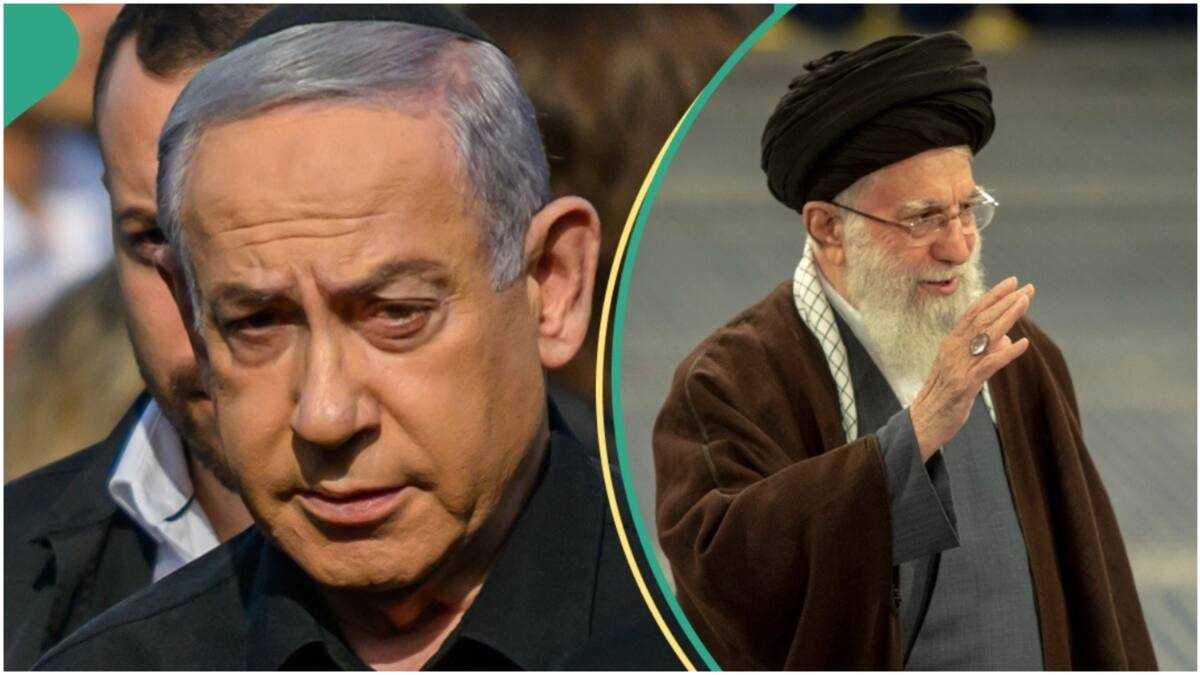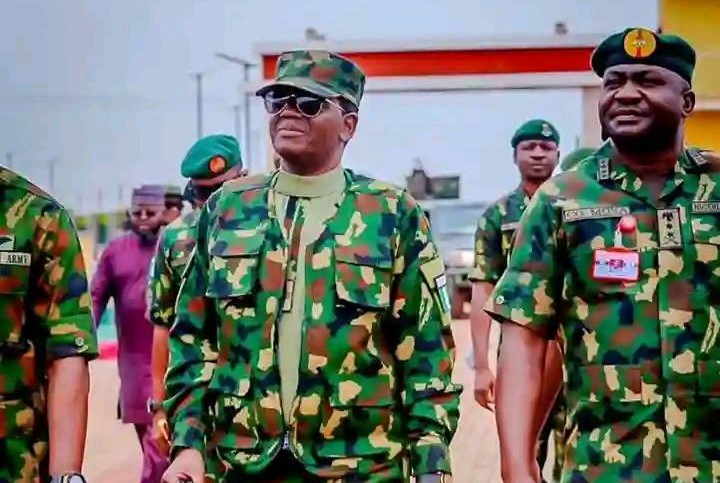Killings and Security Operations in Benue & Plateau States

Nigeria's North-central region, particularly Benue and Plateau states, has been gripped by a surge in deadly attacks, prompting a re-evaluation of the nature of the security crisis. Dr. Bulama Bukarti, a Senior Analyst on Conflict and Development in Sub-Saharan Africa, in an interview with Channels TV, posited that the escalating violence, marked by significant casualties—such as 33 deaths in Apa, 72 in Orokam, and hundreds more in Otukpo and Yelwata—transcends the traditional 'farmer-herder crisis' and constitutes 'terrorism.' He highlighted the frequency, scale, sophistication, and coordination of these attacks, noting that over 400 people have been killed in Benue State in just three months (April-June), with a staggering 1,080 fatalities recorded in Benue over the past two years since May 29, 2023, according to ECLID data.
Dr. Bukarti underscored the shame and critical challenge in precisely identifying the perpetrators. While various theories circulate, including armed bandits, herders, or local criminal groups, and victims sometimes report attackers speaking foreign languages, Nigerian security and intelligence forces have yet to definitively pin down the actors. This 'information void' from the government and research organizations leads to conflicting narratives, which in turn results in misdiagnosis of the problem and ineffective solutions. Dr. Bukarti recalled a previous article he wrote for the Tony Blair Institute, where evidence suggested Boko Haram factions, specifically the Al-Qaeda-affiliated Ansaru, were making incursions into North-central Nigeria, strategically planning to attack Christian communities and refusing to claim responsibility to ignite ethno-religious conflicts. He noted that both Ansaru and ISWAP have stated policies of targeting Christian communities and the Nigerian government, and these groups have established cells in Kogi, Nasarawa, and Niger states, raising the possibility of their involvement in the current Benue attacks.
The scale of the violence is starkly illustrated by specific incidents. The night of June 13 into the morning of June 14 saw an attack in Yelwata, Guma Local Government Area of Benue State, initially reported to have killed around 200 people, though the Inspector General of Police (IGP) later confirmed 47 deaths and 27 injuries. Amnesty International data indicates that Benue accounts for the highest death toll in Nigeria, with 6,896 people killed in attacks over the last two years, followed by Plateau with 2,630. Another tragic event was the Mangu massacre in Plateau State on June 22, where a bus carrying wedding guests from Zaria was attacked by a mob, resulting in 9 deaths, with a total of 12 or more travellers killed. Governor Abba Kabir Yusuf of Kano State also condemned the brutal killing of two Kano indigenes, Barhama Suleiman and Jamilu Ahmad, in Makurdi, Benue State, describing it as barbaric and unacceptable.
In response to these atrocities, IGP Kayode Egbetokun announced the arrest of 53 suspects: 26 for the Yelwata attack, 22 for the Mangu incident, and five for the Makurdi killings. He also reported the recovery of two general-purpose machine guns and eight AK-47 rifles. However, critics argue that the government's approach has been inadequate. President Bola Tinubu and the Chief of Army Staff have often framed the violence as a 'farmer-herder crisis' and called for reconciliation, which Dr. Bukarti contends is inappropriate for terrorist attacks. He stressed that while traditional farmer-herder clashes exist and community reconciliation is important, it cannot address well-coordinated, lethal campaigns by terrorist groups. He also criticized the Nigerian Police Force's capacity to confront such heavily armed and organized attackers, advocating for the deployment of specialized security forces.
There's also a troubling narrative concerning inter-ethnic violence and media complicity. Some reports highlight that Hausa-Fulani individuals are being targeted, sometimes based on their ethnicity or religion, as seen in the Mangu massacre and previous incidents in Plateau. There are accusations that the media often avoids naming the tribes of perpetrators unless they are Fulani, which perpetuates a narrative of









